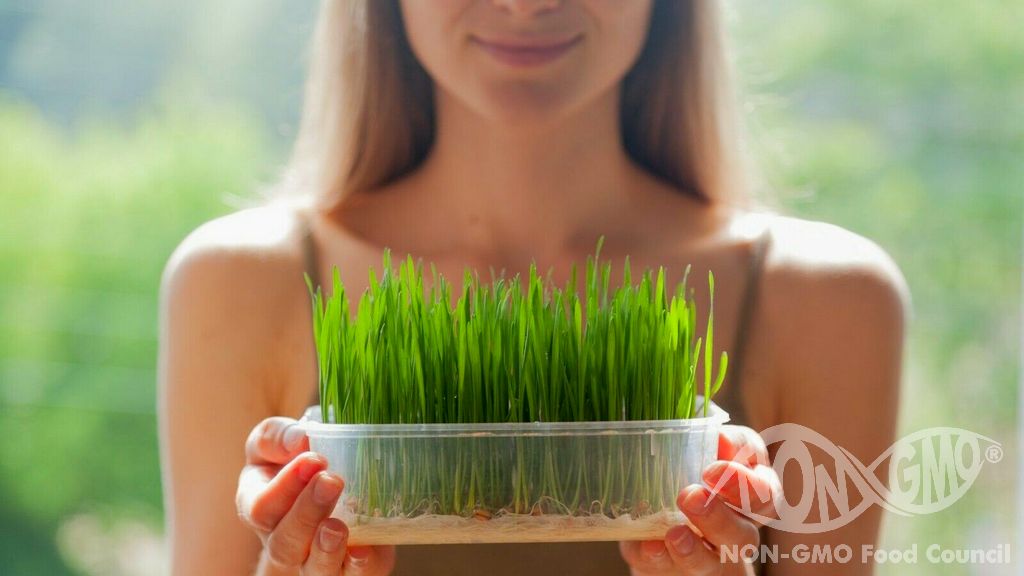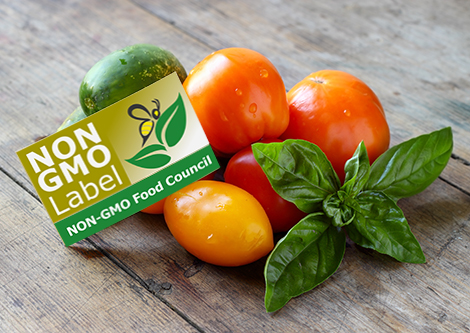Genetically modified organisms (GMOs) are organisms whose genes have been artificially modified to change their characteristics in some way. GMOs can be plants, animals or microorganisms, most commonly bacteria, virus parasites and fungi.

Where the GMO is a microorganism, it is typically referred to as a genetically modified microorganism (GMM). Examples of GMM are bacteria modified to produce insulin (for the treatment of diabetes), human growth hormone (to treat dwarfism), and coagulation factor 8 (for the treatment of hemophilia).
Typically, genetic modification involves isolating and removing DNA encoding a single gene from one organism and reintroducing it into the same organism upon alteration of its function, or reinserting it into the genetic material of another organism.
The purpose of genetic modification is usually to impart a new, improved trait to the target organism. Genetic modification is basically the modern concept of selective breeding, in which organisms with desirable traits (and thus desired genes) are used to breed the next generation and organisms without this trait are not bred.
Plant-derived ingredients were among the first GMOs in cosmetics as they contained ingredients derived from or from GMO food products, including corn oil, cornmeal, soybean oil, and other yeast-produced ingredients. But in some cases, GMOs have been developed specifically to aid in the production of cosmetic ingredients.
For example, canola has been modified to produce high levels of lauric acid, a key ingredient in soaps and detergents, at lower cost to consumers. The following list is a list of derivatives that are commonly used in food production and therefore potentially GMO, which could also be used in cosmetic ingredients:
Cosmetic ingredients are not routinely tested for GMOs, mainly because of the high testing costs, the availability of alternative non-GMO (e.g. synthetic) ingredients, and the low risk profile since cosmetics are applied only externally.
Currently, DNA testing is performed primarily for crops, food and supplements, GMOs, as well as in countries where market labeling of GMO products is required (not required in the United States).
Testing may include Monospecies GMO detection, which provides the total GMO content of a single species most suitable for products such as cereals, flours and soy isolates, as well as Broad Spectrum (cross-species) GMO detection, which determines the GMO content of one or more. GMO sources.
Cosmetic manufacturers wishing to produce non-GMO skin care products can apply to our NON GMO Cosmetics Certification program to have their products evaluated for GMO avoidance. Requirements to meet the non-GMO cosmetics standard include, among other things, ingredient risk classification, traceability and testing.
Do not hesitate to contact our expert team for detailed information about the GMO Free and NON GMO Cosmetics certification program or to apply for certification.
